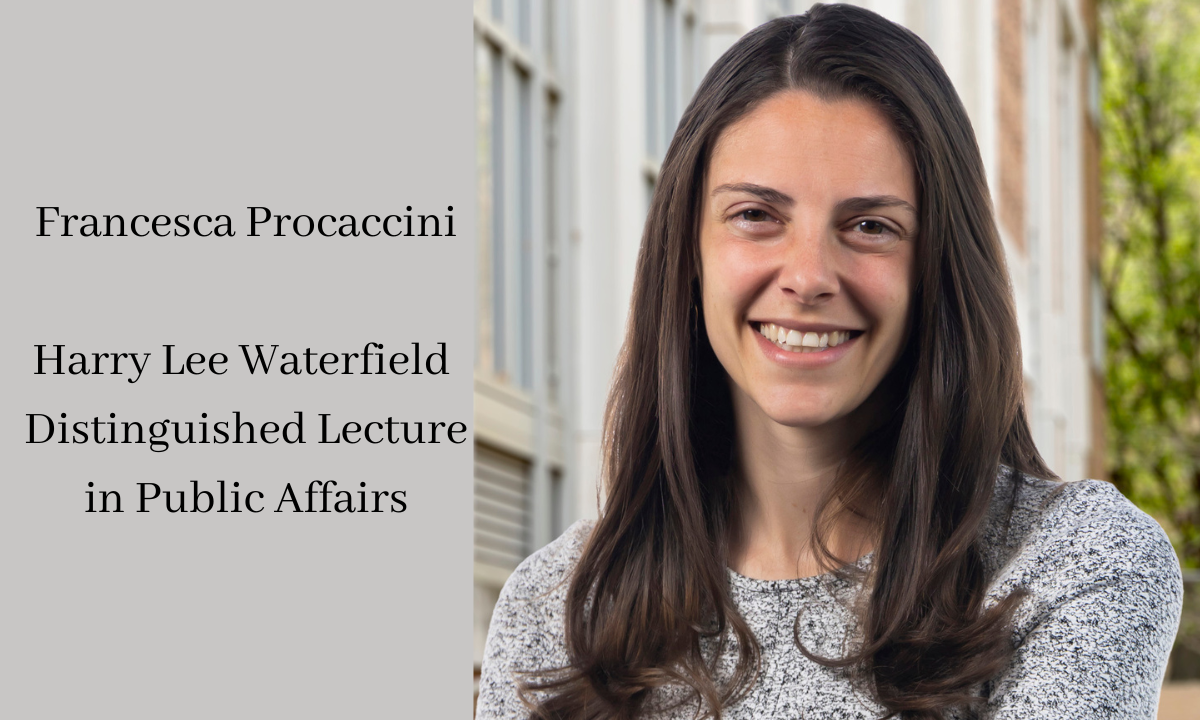 U.S. Supreme Court Justice Anthony Kennedy, who has written all of the Court’s decisions striking down various forms of discrimination against homosexuals, is poised to occupy a prominent place in history if a same-sex marriage case makes it to the high Court, according to Vanderbilt Law Professor Mark Brandon, author of a new book, States of Union: Family and Change in the American Constitutional Order, which was released by the University Press of Kansas in September.
U.S. Supreme Court Justice Anthony Kennedy, who has written all of the Court’s decisions striking down various forms of discrimination against homosexuals, is poised to occupy a prominent place in history if a same-sex marriage case makes it to the high Court, according to Vanderbilt Law Professor Mark Brandon, author of a new book, States of Union: Family and Change in the American Constitutional Order, which was released by the University Press of Kansas in September.
“One thing is certain,” Brandon said. “Justice Kennedy holds the key to the resolution of the same-sex marriage issue in the Supreme Court. If (Kennedy) were to write a decision that broadly strikes down states’ prohibitions of same-sex marriage, he will have achieved a place in the history not only of the Court, but of the nation.”
In States of Union, Brandon challenges proponents of “family values” who claim that family was undisturbed and unchanged until the latter half of the twentieth century. Instead, he shows how concepts of the family were changing long before then, in particular at the end of the nineteenth century in response to Mormon polygamy, communal experiments, Native American tribes, and households that settled the Western frontier.
“For example,” Brandon writes in States of Union, “same-sex households – some covert, some not – appeared with surprising frequency in the old West. Even within nuclear heterosexual households, formal marriage wasn’t always required.”
In Indian tribes of the period, Brandon notes, sexual mores were more permissive than European-American norms, and a divorce was easily obtained. African Americans also managed to form families while living as slaves, despite inhibitions built into that system that made it difficult for slaves to establish and maintain families.
Brandon sees precedents in Supreme Court rulings over the past 50 years that support a ruling in favor of gay marriage. “The Supreme Court since the 1960s has imposed limits on states’ authority to restrict access to marriage,” he said. “In U.S. v. Windsor (2013), the Court embraced three principles that lend credence to the same-sex marriage argument.” These include defining marriage as a relationship of special “status and dignity,” protected even for same-sex couples; banning government from denying access to that relationship because of a “bare desire to harm a politically unpopular group;” and giving “careful consideration” to whether any restrictive policy violates the Constitution.
In addition to his primary appointment on Vanderbilt’s law faculty, where he teaches courses in constitutional law and constitutional theory, Brandon is a professor of political science and affiliated with Vanderbilt University’s American Studies program. In addition to States of Union, which describes how family came to be “in” the Constitution, Brandon has written on constitutional failure, secession, federalism, limits to the amending power, and war in the American constitutional order.
Contact: Jim Patterson, Vanderbilt University Public Affairs, 615-322-NEWS, jim.patterson@vanderbilt.edu
